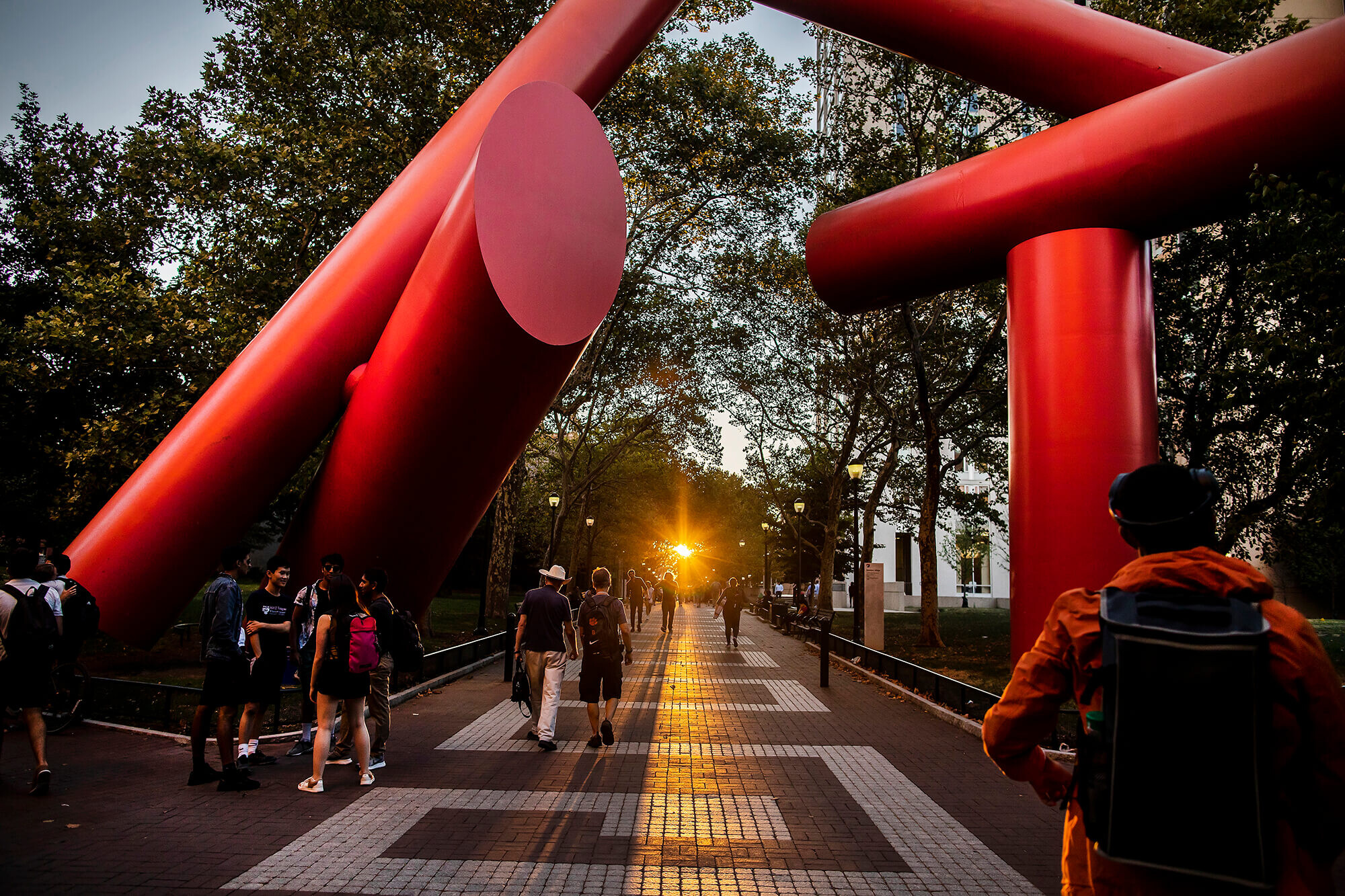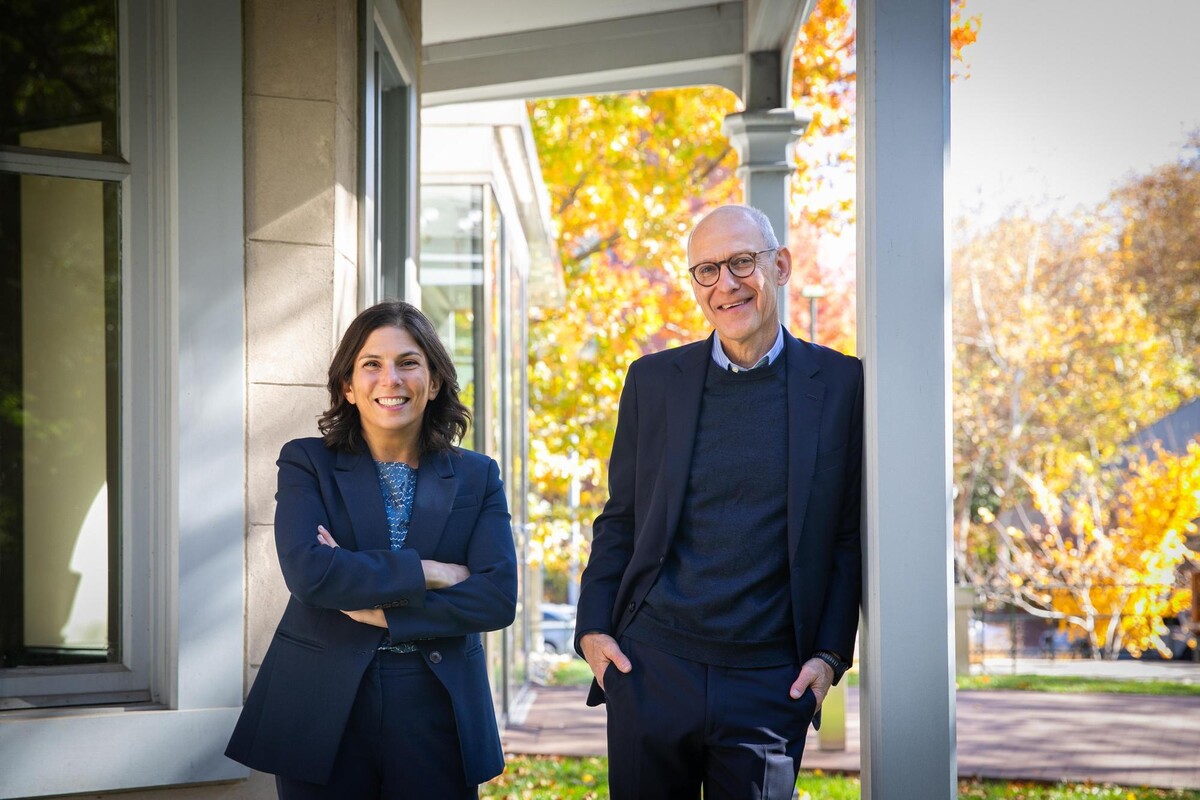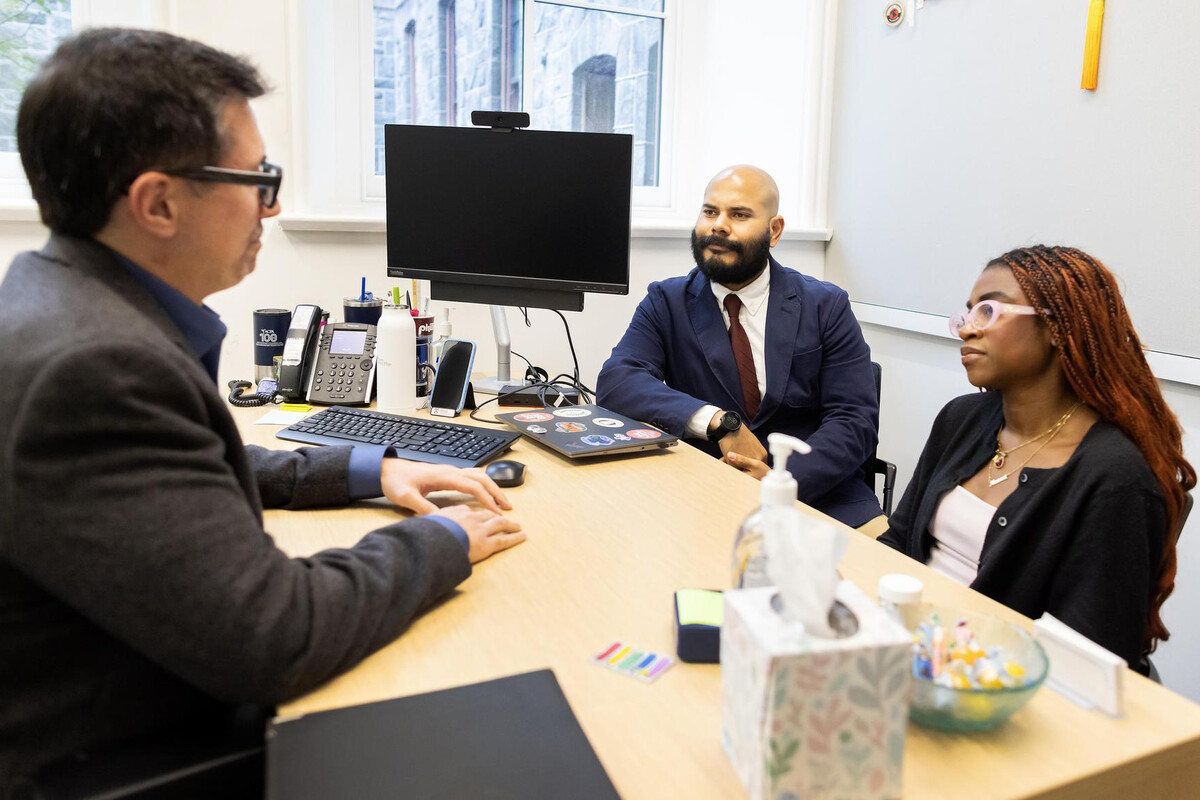


Expert viewpoints on the Iran war

A 24/7 virtual care service means freedom from on-call hours
She helps patients find their words to cast a spell on cancer
Novel plant-based approach to a better, cheaper GLP-1 delivery system
Who, What, Why: Alicia Meyer on the wonders of the Kislak Center
Four ways Penn Arts & Sciences is looking to the future

Historian, scholar, and best-selling author Michael Beschloss to speak at Penn’s 270th Commencement

How can people boost resilience? Karen Reivich shares some key insights

How ancient attraction shaped the human genome
Featured Events
Is Medicare Advantage Working?
Hosted by Penn LDI, this expert panel will discuss whether Medicare Advantage is meeting its intended goals, such as expanding beneficiary choice, enhancing efficiency, and driving innovation. The panelists will discuss whether reforms are needed to create a sustainable, affordable Medicare program for taxpayers and beneficiaries. Free and open to the public. Register to attend.

Penn Live Arts: Alarm Will Sound–American Stories
Alarm Will Sound performs American Stories, a collection of contemporary works that reflect the vast, evolving landscape of American identity. The performance, part of America 250 at Penn programming and joined by composer and interdisciplinary artist Bora Yoon, explores themes of heritage, memory, struggle, and transformation, embracing how America is an unfinished story, constantly being rewritten. Students can receive a discount with Penn ID.

A slightly blurred, special effect image of Alarm Will Sound, a multi-instrumental music group, performing American Stories on stage.

In Principle and Practice
Penn’s strategic framework
Penn’s guiding principles are the University’s enduring values and distinctive strengths: anchored, inventive, interwoven, and engaged. The practices support and strengthen Penn’s core educational mission.
At Penn Today, we focus on some of the ways the University is putting this framework into action. From student, faculty, and staff profiles to research updates and event coverage, Penn Today highlights the latest examples of the University’s principled approach to excellence.

Students test one way to combat extreme heat in Philadelphia

Penn Forward’s Access, Affordability, and Value co-chairs on creating opportunity

A conversation with Penn Forward’s Global Opportunity and New Markets co-chairs

Through Penn First Plus, students unlock potential and purpose
Penn in the News
I trusted AI with daily decisions. The way it dived in, experts say, raises flags.
Chris Callison-Burch of the School of Engineering and Applied Sciences says that ChatGPT might reflect an American value system, which tends to be more individualistic.
How often can you change jobs for more money? The rules of ‘job-hopping.’
Matthew Bidwell of the Wharton School says job hopping can be a red flag for employers.
Could these new tiny robots cure cancer?
“Researchers at Penn and the University of Michigan have developed the world’s smallest, fully autonomous robots. The health applications are nearly endless.”
US automakers risk being reduced to niche producers of gas vehicles
John Paul McDuffie of the Wharton School comments on stock buy-backs in the auto industry.